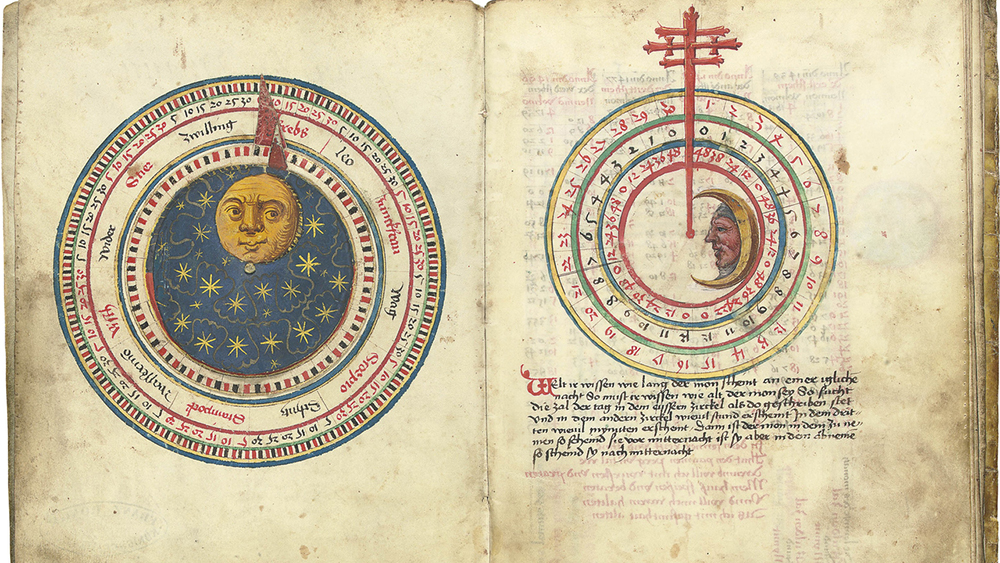About the group
We examine texts and artifacts from the Nordic and Latin middle ages, such as measures, coins, liturgy, canon law, tithes, poetry, monastic rules, scholastic theology, trade and travel. The goal of this examination is to uncover ideas and practices that standardized protocol and procedure; doctrine, authority and commodities; and time and space, thus creating that more or less unified and unifying entity that we call medieval Europe.
Since 2019 the research group has initiated and organized a series of workshops in Oslo and Rome with world leading scholars to test and exchange ideas.
In May 2022 the group is organizing a major international conference on standardization in the middle ages, which will take place at the Norwegian Institute in Rome. Two edited volumes are scheduled to be published by De Gruyter in 2022-23.
Goal
Standardization is a term usually applied in industry, technology and business. However, it is also a vital feature in much human interaction. This research group and its network interrogate the historical, social, and cognitive processes related to standardization in medieval societies.
Our research has a double scope:
- We propose a deeper understanding of how medieval institutions and individuals attempted to obtain and maintain standards across vast distances and heterogeneous social structures.
- We are developing the theoretical term “standardization” in a tight multidisciplinary collaboration with scholars from cognitive science, informatics and anthropology, emphasizing that standards involve flexibility and force, resistance and silencing, cognition and materiality.
Financing
Research Council of Norway/Humeval.
Cooperation
This group is a cooperation between
- Department of Archaeology, Conservation and History
- Department of Philosophy, Classics, History of Art and Ideas
- Department of Culture Studies and Oriental Languages
- Department of Linguistics and Scandinavian Studies
- Museum of Cultural History
- The Norwegian Institute in Rome
- Faculty of Theology
Duration
The group began its present research in 2018 and it is planning further activities for 2022 and 2023.
